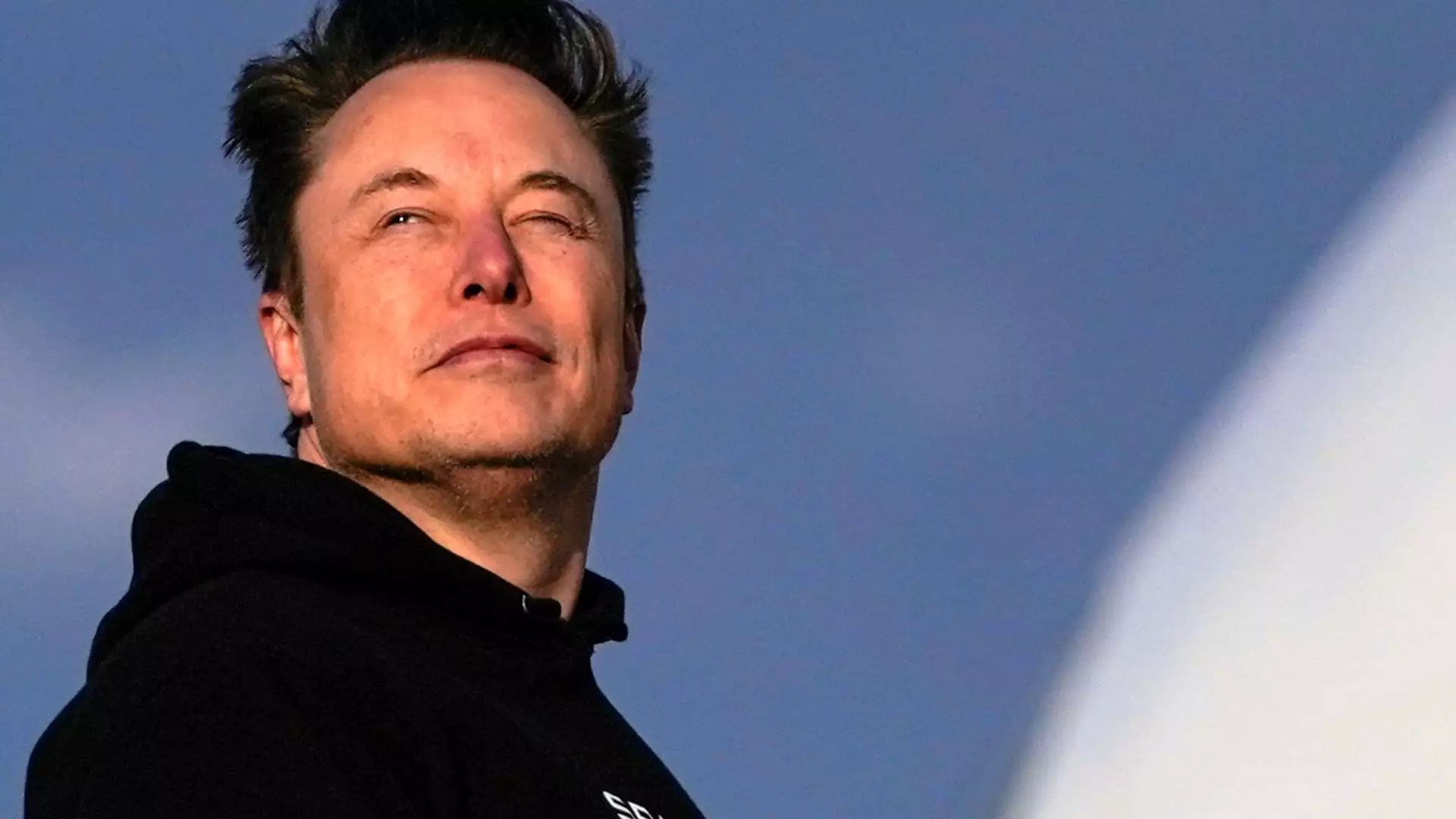In a recent whirlwind announcement, Elon Musk declared the merging of his artificial intelligence startup, xAI, with his social media platform, X, as an all-stock transaction that will position the value of xAI at a staggering $80 billion. With Musk’s penchant for lofty ambitions, this merger is said to intertwine the two companies’ futures, allegedly unlocking extraordinary potential by marrying xAI’s advanced technologies with X’s vast distribution capabilities. However, while this sounds like the quintessential Silicon Valley fairy tale, one has to wonder whether this deal is well-advised or merely another whimsical venture from the billionaire showman.
Musk crowns himself the richest person in the world, but this latest move generates substantial skepticism among analysts and investors. His grand claims of future gains hinge on combining algorithms and access to masses but fail to take into account the complexity of human behavior, market dynamics, and ethical considerations that potentially could undermine the entire initiative. Instead of merely combining resources, Musk is entering a field fraught with competition and moral dilemmas that can unravel with the slightest miscalculation.
Questioning the Merger’s Goals
Musk’s intentions for launching xAI to “understand the true nature of the universe” seemed grandiose when they first materialized, and are now even more questionable as they appear to be ever-more aligned with enriching his financial empires rather than actualizing substantial societal benefits. Competing directly with heavyweights like OpenAI and Google is no small feat, and it presses the question: is this merger a strategic move or merely an act of desperation?
The intricacies involved in potential technology-sharing could lead to breaches of ethical conduct that Musk himself once warned against when he initially exited OpenAI. Having a hand in three separate ventures—X, Tesla, and xAI—could dilute the focus and resources in an already overly ambitious portfolio. It is troubling to think that Musk is simultaneously in discussions about government efficiency while being the chief architect of such a radical business integration.
Investor Speculation and Corporate Governance
Both companies share an array of mutual investors like Andreessen Horowitz and Sequoia Capital, which raises concerns about the influence of investment interests in determining the direction of the merger. Are these investors interested in ethical advancements in AI technology or simply in maximizing the financial returns on their portfolios? Transparency in corporate governance appears veiled, sparking debate over whether this union genuinely serves the public interest or simply satisfies a small cadre of elite investors skirting operational limitations.
Moreover, the staggering $45 billion price tag, adjusted for debt, flies in the face of rational fiscal management. The decision to consolidate financial interests seems driven less by genuine collaboration and more by Musk’s desire to maintain control over multibillion-dollar assets rather than addressing broader consumer and societal needs. As a known risk-taker, Musk’s propensity for merging could ironically yield the opposite effect—distraction instead of synergy.
The Implications of a Growing AI Monopoly
The integration of xAI and X risks positioning Musk’s ventures as a monopolistic entity in the AI and social media landscapes. While he touts the innovative fusion as a pathway to greater life-enhancing technology, it raises serious concerns over data ethics, privacy, and the dissemination of accurate information. If investors are funneled into innovations solely in pursuit of profit, the risk of prioritizing shareholder returns over user trust amplifies exponentially.
Additionally, the public’s perception of this union is likely colored by skepticism and wariness. This level of concentration within the tech sector often leads to troubling ramifications, such as algorithmic biases, data breaches, and ethical lapses in AI development. It’s evident that the power dynamics at play could stifle competition, encourage harmful surveillance practices, and infringe on individual freedoms—all while masquerading as groundbreaking advancement.
Musk: A Tornado in a China Shop
Musk’s incessant forays into diverse arenas paint a picture of a man who sees little distinction between corporate ambition and personal desire. His intertwined ventures imply a lack of separation that’s typical in corporate governance and will threaten regulatory scrutiny as he maneuvers through the legislative landscape. As he dedicates time to a newly created Department of Government Efficiency under Trump’s administration, one must question whether his motives are noble or if they are rooted in self-serving ambition.
His historical precedent of consolidating ventures—such as the controversial acquisition of SolarCity—has resulted in lawsuits and claims of fiduciary mismanagement. With the xAI and X merger now on the table, investors and consumers alike should prepare for the possibility of navigating through murky waters of corporate governance fraught with conflict and hidden agendas.
The announcement deserves cautious scrutiny rather than blind acceptance. The marriage represents not just a culmination of ambitions but a potential flashpoint that could redefine the tech landscape in ways that we may not be ready to grapple with.


Leave a Reply